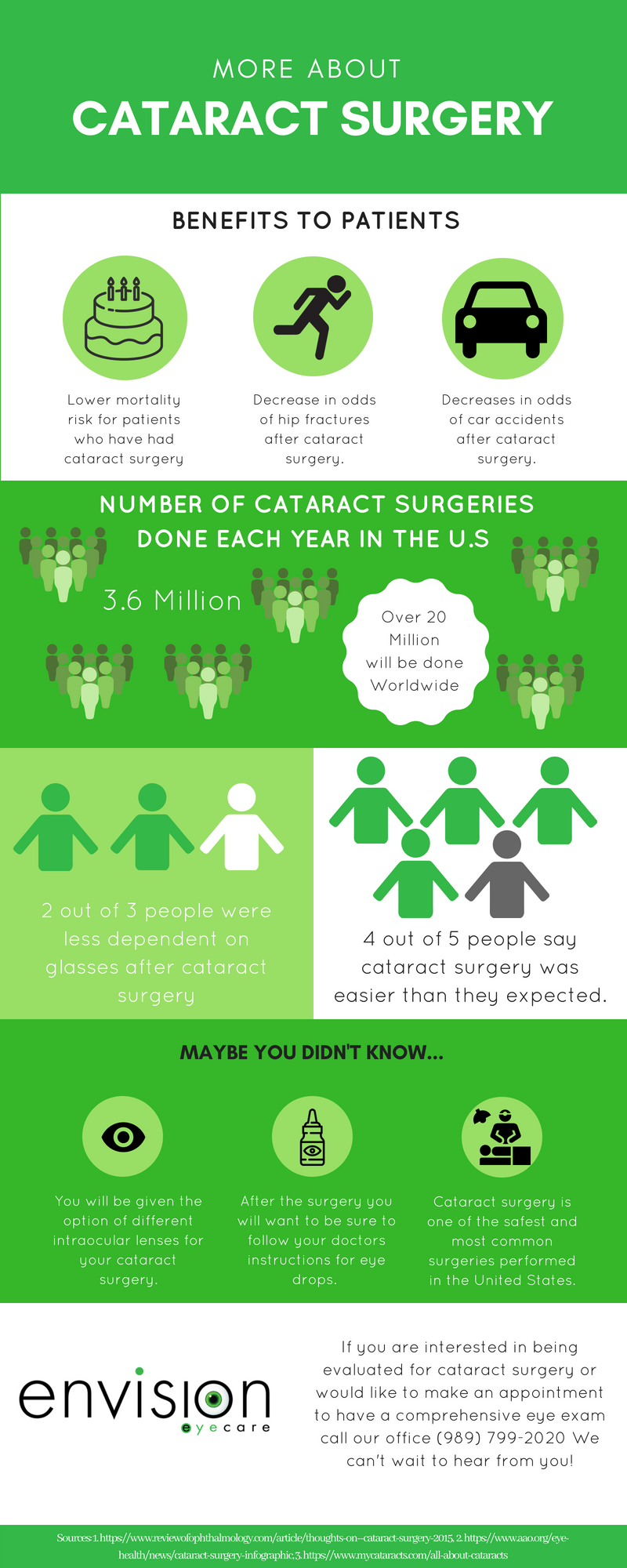Refractive Lens Exchange Explained: What Your Ophthalmologist Isn't Telling You

Short Article Composed By-Hopkins Ludvigsen
Have you ever took into consideration Refractive Lens Exchange (RLE) as an alternative for vision correction? While it isn't as extensively reviewed as LASIK, RLE could be a game-changer for your sight. Many people neglect its advantages, assuming traditional methods are their only selection. However what are the actual benefits, and what might your optometrist not be informing you regarding this treatment? Allow's explore the ins and outs of RLE together.
Recognizing Refractive Lens Exchange: The Basics
Refractive lens exchange (RLE) is a procedure that can significantly enhance your vision, especially if you're handling presbyopia or severe refractive mistakes.
Throughout RLE, your eye specialist eliminates your eye's all-natural lens and changes it with an artificial one customized to your vision needs. This treatment can remedy nearsightedness, farsightedness, and astigmatism, offering you clearer vision without relying on glasses or call lenses.
The surgical treatment is usually fast, taking less than an hour, and a lot of patients experience minimal pain. Recovery is relatively quickly, allowing you to go back to your everyday activities soon after.
If you're considering RLE, talking to your eye doctor can help you determine if it's the best choice for you.
Trick Differences Between RLE and Conventional Cataract Surgical Treatment
While both refractive lens exchange (RLE) and standard cataract surgery involve replacing the eye's natural lens, their primary objectives and individual accounts vary considerably.
RLE is aimed at people looking for to minimize their reliance on glasses or call lenses as a result of refractive errors, often before cataracts create. In contrast, standard cataract surgical procedure normally targets individuals that have actually created cataracts, which shadow the lens and hinder vision.
The lenses used in RLE can offer a broader range of vision adjustment, while conventional cataract surgery normally includes basic monofocal lenses.
Furthermore, RLE prospects are typically younger and in good general health and wellness, whereas cataract people may be older and have other health and wellness worries.
Choosing the best treatment depends upon your details vision requirements and conditions.
Prospective Benefits and Considerations of RLE
If you're thinking about refractive lens exchange (RLE), you'll locate several prospective benefits that may boost your quality of life.
RLE can provide you with clearer vision, decreasing or eliminating the demand for glasses or contact lenses. It offers a possibility to address presbyopia and other refractive errors at the same time, typically enhancing your general visual acuity.
In https://drive.google.com/file/d/1q2oShWR9JIBq3hpP_gQwHhciBlNJOHLI/view?usp=sharing , RLE can be a wonderful choice if you're not a suitable candidate for LASIK. Nevertheless, it is very important to weigh the factors to consider, like the expense, potential risks, and the healing duration.
Discussing https://www.perthnow.com.au/lifestyle/health-wellbeing/the-truth-about-laser-eye-surgery-ng-b88854591z with your ophthalmologist can assist you make a notified choice, guaranteeing you choose the most effective course for your vision improvement.
Conclusion
In conclusion, refractive lens exchange supplies a distinct remedy for vision improvement that exceeds what LASIK can offer. It's important to weigh the benefits against prospective risks and costs before deciding. Don't wait to ask your ophthalmologist the tough questions to ensure you totally recognize the treatment and its effects for your vision. With the appropriate details, you can confidently choose the very best alternative for your eyes and lifestyle.

